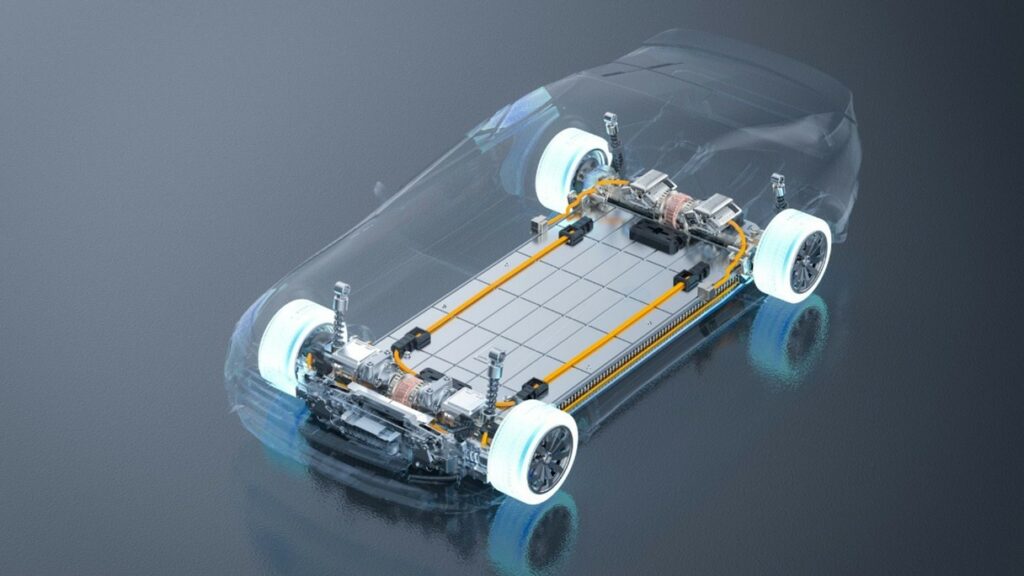EN : Extending Battery Life: Should You Really Avoid Fast Charging?

In the world of electric mobility, one question sparks endless debate: is fast charging — so convenient in daily life — actually shortening battery lifespan? The truth is more nuanced than it seems.
Fast charging: a powerful ally, but demanding
Plugging into a 50, 100, or even 350 kW charger feels like magic. Within minutes, your EV is ready to hit the road again. But behind this convenience lies physics: the higher the current, the hotter the battery gets. And heat is the number one enemy of lithium-ion chemistry.
Recent studies back this up: one recharge at 50 kW can reduce useful lifespan by about 17% compared to a standard 22 kW session (MDPI, 2023). Over time, heavy reliance on fast charging can accelerate capacity loss by around 20% (TheBatteryTips).
Real-world data paints a softer picture
Yet the story isn’t all doom and gloom. Field data from thousands of EVs shows no consistent evidence that frequent fast charging leads to higher degradation than standard charging (Recurrent Auto).
The difference lies in context: in moderate climates with good thermal management, the impact is minor. But in hotter regions, or with repeated ultra-fast sessions, degradation can be up to three times faster — around 5.4% per year instead of the usual 1.8% (WIRED).
Smart habits for healthier batteries
So, how do you strike the right balance between speed and longevity?
- Favor standard AC charging whenever possible.
- Reserve DC fast charging for long trips, not daily use.
- Avoid back-to-back rapid sessions: let your battery cool down.
- Keep your state of charge between 20% and 80% for best results.
- Watch temperatures: above 45 °C, charging becomes particularly harsh (Geotab).
The future: speed without sacrifice?
Researchers are already working on solutions. AI-driven algorithms could soon optimize voltage in real time, balancing charging speed with battery health (arXiv, 2025). Some early experiments even suggest that, under carefully controlled conditions, fast charging might actually stabilize the battery’s chemistry and extend its lifespan (FutureHome).
Bottom line
Fast charging isn’t a villain — it’s a tool. Like an espresso shot, it’s perfect for a quick boost, but not something to rely on all day. For long-lasting batteries, make slow charging your daily routine, and save fast charging for when you really need it. And in the near future, thanks to new technologies, we may no longer have to choose between speed and longevity.
